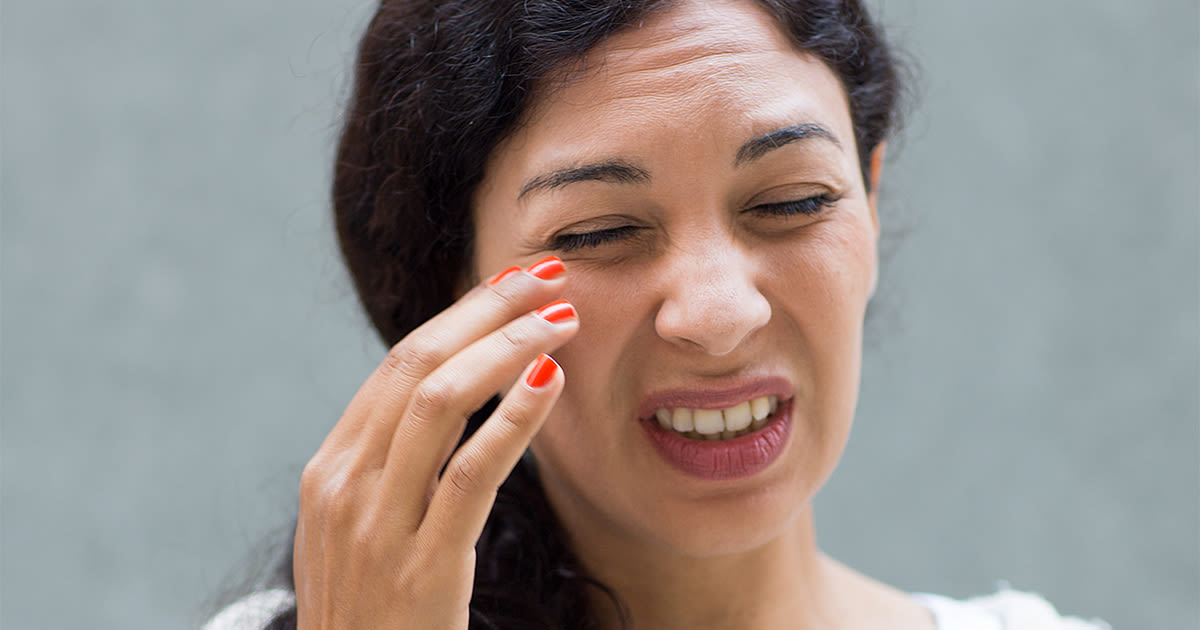How to handle contact lens discomfort

Ever feel like something's not quite right with your contact lenses? If so, you're not alone. Plenty of people who wear contacts experience contact lens discomfort eventually.
Episodes of contact lens discomfort usually don't mean you no longer are a good candidate for contact lenses or that you have to permanently stop wearing contacts. It's likely that a simple change to your lenses, care products or daily habits will make your contact lenses much more comfortable.
Detection and treatment of contact lens discomfort
To accurately determine the specific causes of your contact lens discomfort and appropriate remedies, you need to see your eye care professional. A visit to your eye care professional also will rule out the possibility that your discomfort indicates a more serious underlying problem.
Remember: If your eyes don't feel good, look good or see well, you need a checkup by an eye care professional. Sometimes a minor contact lens irritation, if left untreated, can develop into a more serious problem — occasionally one that can be sight-threatening.
For helpful tips on how to handle uncomfortable contact lenses go directly to Remedies for Contact Lens Discomfort.
The Big Picture
Just what is contact lens discomfort?
It might seem like there's no need to formally describe what "contact lens discomfort" is — after all, the phrase says it all, doesn't it?
But a definition is useful, because sometimes people mistakenly think contact lens discomfort is the same thing as "contact lens-related dryness" or "contact lens dry eye," which are related but different.
To clarify things, a nonprofit organization of eye care professionals and eye researchers called the Tear Film and Ocular Surface Society (TFOS) created a formal definition of contact lens discomfort that identifies these characteristics of the condition:
Periodic or persistent awareness or discomfort sensations on the eye while wearing contacts.
Vision disturbances may or may not be present.
The sensations can be traced to reduced compatibility between the contact lens and the eye environment.
May lead to decreased wearing time or discontinuation of contact lens wear.
Contact lens discomfort occurs only during lens wear and can stem from either contact lens-specific or environmental causes.
Lens-specific causes of contact lens discomfort include the lens' ability to maintain moisture, the lens design, lens fit, wearing modality (daily wear vs. extended wear) and lens care solutions.
Environmental causes include patient factors (age, use of medications), tear film stability and ambient humidity.
A key characteristic of contact lens discomfort is that the unwanted sensations or discomfort go away when you remove the lenses.
On the other hand, "contact lens-related dryness" and "contact lens dry eye" refer to lens awareness or eye discomfort experienced by contact lens wearers with pre-existing dry eye that may or may not be worsened by lens wear.
FIND AN OPTICIAN: if you're concerned about your vision, visit an optician near you.
Page published on Monday, 14 March 2022






